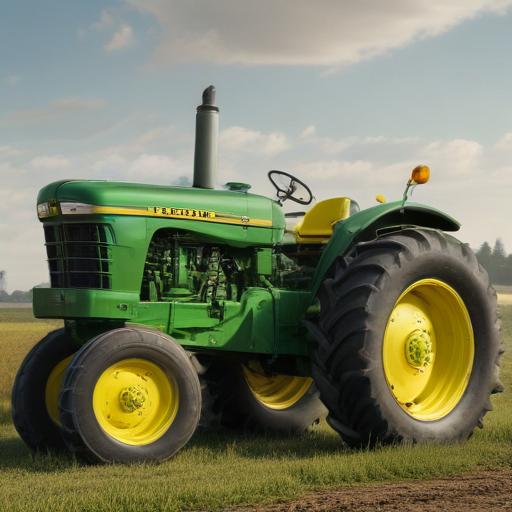John Deere approves biodiesel B30 for Tier 4 engines, boosting fuel flexibility for farmers
John Deere announced this morning that all Tier 4 diesel engines are now approved to run on biodiesel blends up to 30%, known as B30. Tier 4 engines are designed to meet the U.S. Environmental Protection Agency’s most stringent emissions standards and are recognized for significantly reducing pollutants such as particulate matter and nitrogen oxides.
Previously, Deere recommended a maximum B20 blend for Tier 4 engines, while Tier 3 and older engines were approved to use B100, or 100% biodiesel, giving farmers even greater flexibility in the fuels they use.
IRFA reaction and Iowa incentives
The move drew praise from renewable fuels advocates. Monte Shaw, executive director of the Iowa Renewable Fuels Association (IRFA), said, “IRFA applauds John Deere’s approval of B30 in its most sophisticated engines. John Deere has always been a leader in promoting renewable fuels, including their biodiesel factory fill program and leading the way on engine approvals.”
In Iowa, the shift could be especially impactful because the state operates a unique B30 incentive program. State credits reduce fuel costs for end users, whether at the pump or via bulk deliveries to farming operations. Iowa fuel retailers receive a 10-cent-per-gallon tax credit for all B30 or higher blends sold.
Beyond state incentives, IRFA also offers an on-farm biodiesel credit that allows farmers to earn up to $500 for filling their tanks with biodiesel blends. Lisa Coffelt, IRFA’s marketing director, noted that these programs make biodiesel more accessible and affordable for Iowa farmers while supporting the state’s leadership in renewable energy.
What this means for farmers and the market
– Engine compatibility and maintenance: The B30 approval for Tier 4 engines should simplify fueling options for modern tractors and equipment, potentially lowering diesel costs for operators who can reliably source B30 blends. Farmers should still confirm fuel compatibility with their specific equipment and follow manufacturer guidelines, especially in extreme temperatures or rugged operating conditions.
– Policy momentum: Iowa’s combination of equipment approvals and state incentives illustrates how public and private programs can work together to expand renewable fuels adoption, potentially encouraging similar policies elsewhere.
– Market implications: A broader acceptance of biodiesel blends in new equipment aligns with ongoing efforts to reduce emissions and support domestic biofuel production, which could influence fuel markets, supply chains, and farm economics in the coming months.
Summary
John Deere’s confirmation that Tier 4 engines can use B30 blends marks a notable expansion in biodiesel use for new equipment, paired with Iowa’s compelling blend incentives that help lower costs for farmers. The combination of engine compatibility and financial incentives signals a positive step for renewable fuels adoption in agriculture.
Additional notes
– Readers in states with biodiesel incentives or farmers evaluating fuel options may want to review their local incentives and confirm engine compatibility with B30.
– As with all biodiesel use programs, ongoing monitoring of performance, fuel quality, and warranty guidance will help ensure smooth operation across diverse farming operations.
– This development supports broader efforts to diversify fuels used in agriculture and strengthen rural energy resilience.
